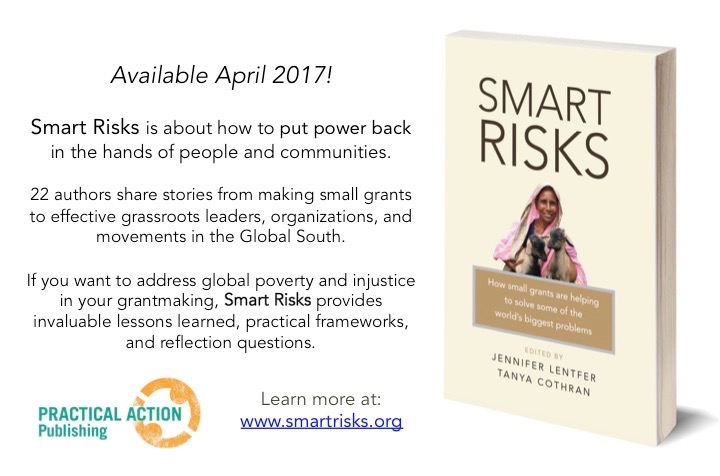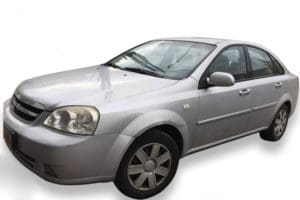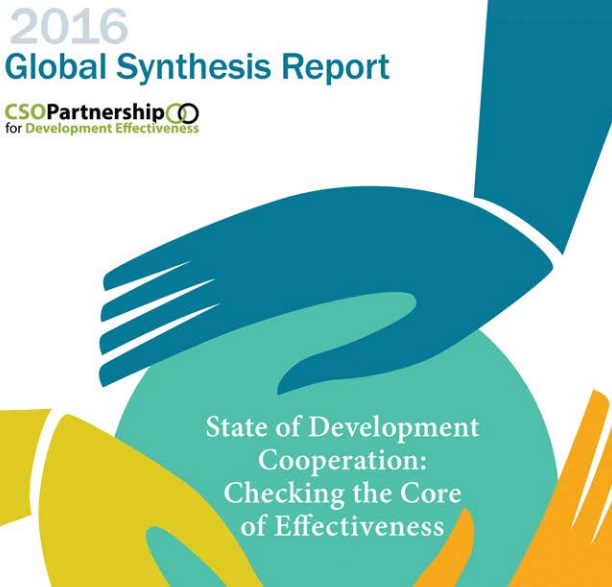Almost two years ago, I wrote an article about Marwan Abu Jammous (Abu Fathi) and his family in the Khuzaa area of the Gaza Strip. At that time, they had been living in a temporary caravan provided by a donor for almost one year, and no permanent housing was on the horizon. Despite the billions of dollars donated after the 2014 Israeli attack on the Gaza Strip, tens of thousands of people (or hundreds of thousands, depending on how you calculate) still lack adequate housing. It has been 1003 days since the 2014 ceasefire after which there was supposed to be massive reconstruction.
I visited the Abu Jammous family last year and they were in a new caravan, a wooden one, which was touted as an upgrade from the aluminum type.
But it floods in the winter and is unbearably hot in the summer. There is still no prospect of permanent housing. Some other families have gotten assigned to donors and are re-constructing around them, but when I asked, no one could tell me the criteria or process by which some families were chosen before others. It might not matter so much if everyone quickly got what they needed, but they don’t. Reconstruction now seems virtually at a standstill.
Abu Fathi calls me every couple of weeks. I call him back because he has no credit on his phone. His children talk to me one by one, each of them calling me “auntie,” breaking my heart by begging me to visit. Of course I can’t visit without a permit from Israel. The Gaza Strip is under an illegal blockade and very few people can get the special permission needed to enter or exit.
Rumors are there will be another attack soon. Escalations often happen during Ramadan. Ramadan starts tomorrow. What do I say to Abu Fathi when he calls?
Meanwhile, a relative of the family sent me a short video of their dinner time this week. With no electricity and no cooking gas, Abu Fathi sat in the dark and cooked over coals with his five kids. There is nothing romantic about not being able to give your family a safe, warm, dry place to live and enough nutritious food, not to mention the pervasive fear of more bombing, with no place to escape.
Please, contact your representatives and the media. Tell them you want them to put pressure on Israel to end the blockade on Gaza. It’s just wrong. It’s just so very wrong.


